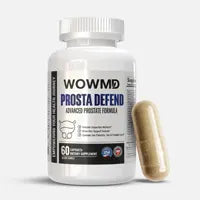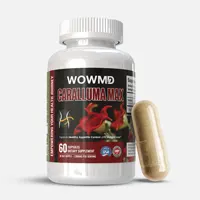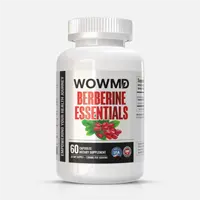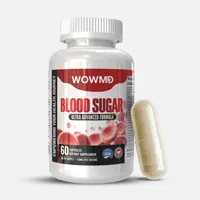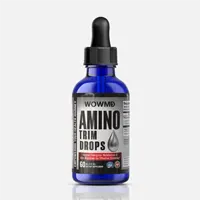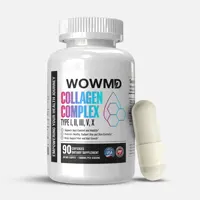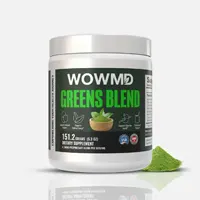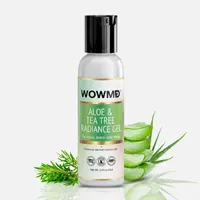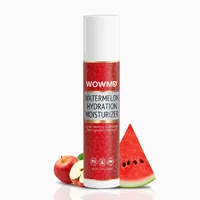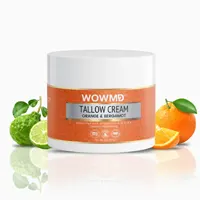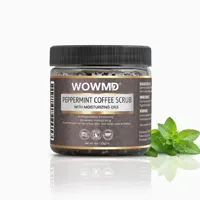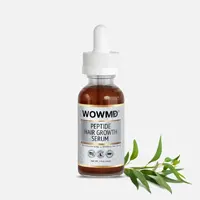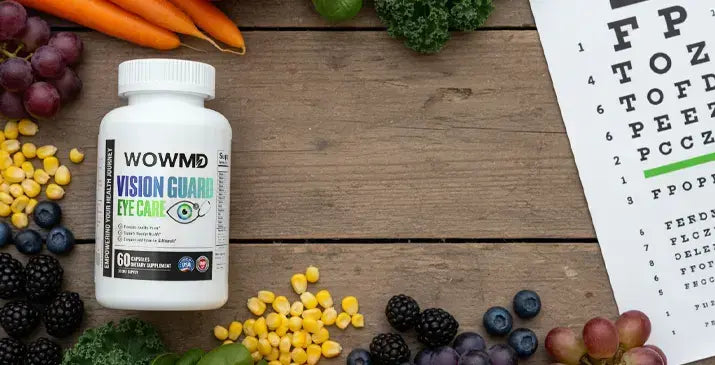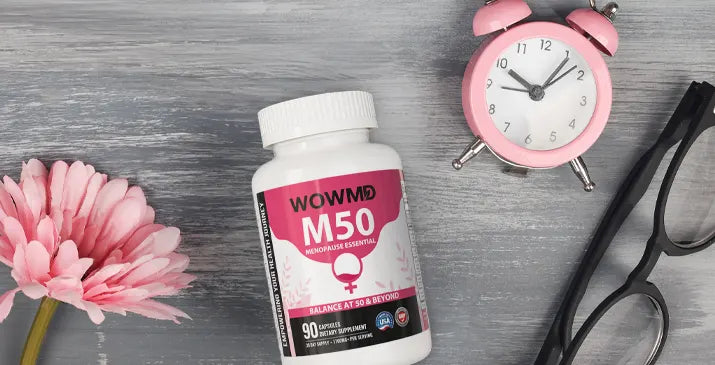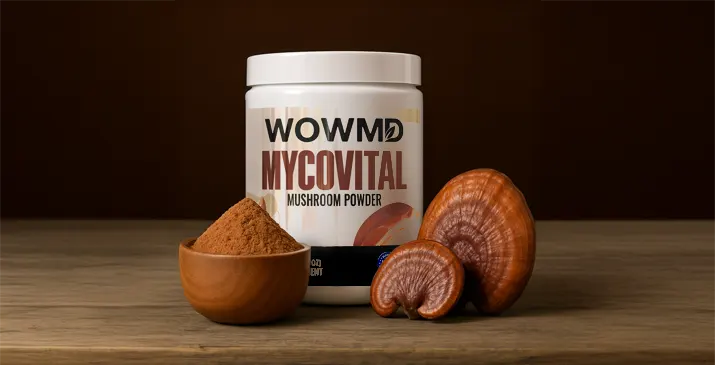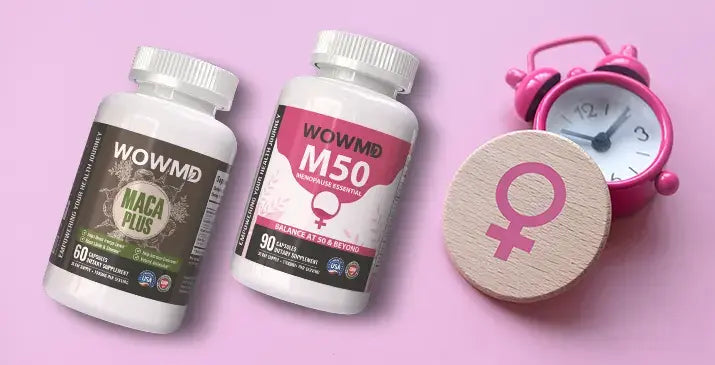Is it Safe to Take Ginkgo Biloba Daily?
Daily use of Ginkgo Biloba may be safe for many, but individual safety considerations vary. This article explores key factors to consider when taking Ginkgo Biloba daily.
Advertiser Disclosure: WOWMD independently vets all recommended products. If you purchase a featured product, we may be compensated. Learn why you can trust us.
You May Also Like
Popular Stories
- The Best Beef Tallow Products for Radiant Skin: A 2026 Guide
- Holy Basil : Ayurveda’s Herb for Balance, Immunity & Everyday Calm
- Best Gel Moisturizers for Hydration & Skin Care in 2026
- 7 Best Effective Supplements for Improving Bladder and Prostate Health in 2026
- 4 Best Cooling Gels for Skin and Body: Instant Refreshment and Relief
- 4 Best Hyaluronic Acid Serums for Skin Hydration - Tested & Reviewed
References
WOWMD follows strict sourcing guidelines to ensure the accuracy of its content, outlined in our editorial policy. We use only trustworthy sources, including peer-reviewed studies, qualified experts, and information from top institutions.
- Understanding oxidants and antioxidants: Classical team with new players - PubMed (nih.gov) https://pubmed.ncbi.nlm.nih.gov/31960481/
- Ginkgo biloba extract improves coronary artery circulation in patients with coronary artery disease: contribution of plasma nitric oxide and endothelin-1 - PubMed (nih.gov) https://pubmed.ncbi.nlm.nih.gov/18446847/
- Ginkgo Biloba for Mild Cognitive Impairment and Alzheimer's Disease: A Systematic Review and Meta-Analysis of Randomized Controlled Trials - PubMed (nih.gov) https://pubmed.ncbi.nlm.nih.gov/26268332/
- Ginkgo biloba and its potential role in glaucoma - PubMed (nih.gov) https://pubmed.ncbi.nlm.nih.gov/29206653/
- Ginkgo biloba extract improves coronary artery circulation in patients with coronary artery disease: contribution of plasma nitric oxide and endothelin-1 - PubMed (nih.gov) https://pubmed.ncbi.nlm.nih.gov/18446847/
- Ginkgo Biloba - StatPearls - NCBI Bookshelf (nih.gov) https://www.ncbi.nlm.nih.gov/books/NBK541024/
- Modulation of cognitive performance following single doses of 120 mg Ginkgo biloba extract administered to healthy young volunteers https://pubmed.ncbi.nlm.nih.gov/17902186/
- Ginkgo biloba extract EGb 761® in dementia with neuropsychiatric features: a randomised, placebo-controlled trial to confirm the efficacy and safety of a daily dose of 240 mg https://pubmed.ncbi.nlm.nih.gov/22459264/
- Cross matching observations on toxicological and clinical data for the assessment of tolerability and safety of Ginkgo biloba leaf extract https://pubmed.ncbi.nlm.nih.gov/25446328/
- Meta-analysis of the efficacy and safety of Ginkgo biloba extract for the treatment of dementiahttps://pubmed.ncbi.nlm.nih.gov/26819725/
 Alpha Man Power Pack
Alpha Man Power Pack All-Day Fat Burn Trio
All-Day Fat Burn Trio Better Immunity Bundle
Better Immunity Bundle  Calm & Sleep Duo
Calm & Sleep Duo Cognitive Health & Vision Combo
Cognitive Health & Vision Combo Complete Weight Loss Bundle
Complete Weight Loss Bundle Core Vitality Trio
Core Vitality Trio Energy Booster Combo
Energy Booster Combo Focus Fuel Trio
Focus Fuel Trio Glow & Balance Duo
Glow & Balance Duo Health Balance Trio
Health Balance Trio Heart Care Bundle
Heart Care Bundle Joint Health Support Combo
Joint Health Support Combo Men's Immunity & Prostate Health Bundle
Men's Immunity & Prostate Health Bundle Metabolism Boost Duo
Metabolism Boost Duo Natural Skin Care Bundle
Natural Skin Care Bundle Peak Performance Duo
Peak Performance Duo Relax & Recharge Duo
Relax & Recharge Duo Skin Detoxification Bundle
Skin Detoxification Bundle Smart Energy Trio
Smart Energy Trio Stress + Energy + Wellness Combo
Stress + Energy + Wellness Combo  Total Burn Ignite Trio
Total Burn Ignite Trio Total Harmony Pack
Total Harmony Pack Workout Supplements Combo
Workout Supplements Combo
